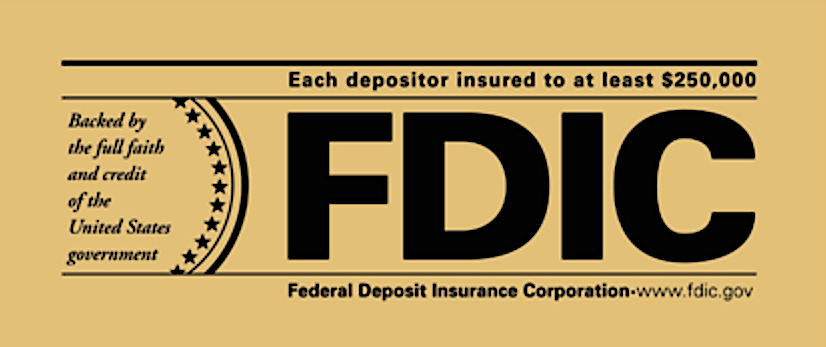Signature Bank in New York was shut down yesterday by regulators in a move that follows the collapse of Silicon Valley Bank in California. The action was announced last night.
President Biden, speaking at the Roosevelt Room of the White House before the stock markets opened this morning, said that U.S. citizens can have full confidence in the banking system. “Unfortunately the last administration rolled back regulations,” Biden said. “Americans can rest assured that our banking system is safe. Your deposits are safe.”
New York State Department of Financial Services appointed the Federal Deposit Insurance Corporation (FDIC) as receiver for Signature Bank. The FDIC transferred all the deposits and substantially all of the assets of Signature Bank to Signature Bridge Bank, N.A., a full-service bank that will be operated by the FDIC as it markets the institution to potential bidders.
The federal government said that depositors and borrowers will automatically become customers of Signature Bridge Bank, N.A. and will continue to have uninterrupted customer service and access to their funds by ATM, debit cards, and writing checks in the same manner as before. Signature Bank”™s official checks will continue to clear. Te government said that loan customers should continue making loan payments as usual.

Signature Bank had 40 branches across the country in New York, California, Connecticut, North Carolina, and Nevada. The government promised that all depositors of the institution will be made whole. No losses will be borne by the taxpayers. Shareholders and certain unsecured debt holders will not be protected. Senior management has also been removed. Any losses to the Deposit Insurance Fund (DIF) to support uninsured depositors will be recovered by a special assessment on banks, as required by law.
These actions will protect depositors and preserve the value of the assets and operations of Signature Bank, which may improve recoveries for creditors and the DIF.
Signature Bank had total assets of $110.4 billion and total deposits of $82.6 billion as of December 31, 2022.
A bridge bank is a chartered national bank that operates under a board appointed by the FDIC. It assumes the deposits and certain other liabilities and purchases certain assets of a failed bank. The bridge bank structure is designed to “bridge” the gap between the failure of a bank and the time when the FDIC can stabilize the institution and implement an orderly resolution.
The FDIC named Greg D. Carmichael as CEO of Signature Bridge Bank, N.A. Carmichael recently served as president and CEO of Fifth Third Bancorp.
In a joint statement, Secretary of the Treasury Janet L. Yellen, Federal Reserve Board Chair Jerome H. Powell, and FDIC Chairman Martin J. Gruenberg said:
“Today we are taking decisive actions to protect the U.S. economy by strengthening public confidence in our banking system. This step will ensure that the U.S. banking system continues to perform its vital roles of protecting deposits and providing access to credit to households and businesses in a manner that promotes strong and sustainable economic growth.
“After receiving a recommendation from the boards of the FDIC and the Federal Reserve, and consulting with the president, Secretary Yellen approved actions enabling the FDIC to complete its resolution of Silicon Valley Bank, Santa Clara, California, in a manner that fully protects all depositors. Depositors will have access to all of their money starting Monday, March 13. No losses associated with the resolution of Silicon Valley Bank will be borne by the taxpayer.
“We are also announcing a similar systemic risk exception for Signature Bank, New York, New York, which was closed today by its state chartering authority. All depositors of this institution will be made whole. As with the resolution of Silicon Valley Bank, no losses will be borne by the taxpayer.
“Shareholders and certain unsecured debtholders will not be protected. Senior management has also been removed. Any losses to the Deposit Insurance Fund to support uninsured depositors will be recovered by a special assessment on banks, as required by law.
“Finally, the Federal Reserve Board on Sunday announced it will make available additional funding to eligible depository institutions to help assure banks have the ability to meet the needs of all their depositors.”
Gov. Kathy Hochul issued the following statement:
“Throughout the weekend, DFS Superintendent Adrienne Harris and I have been working closely with Federal partners on ways to stabilize the banking sector and protect the hard-earned money of New Yorkers whose livelihoods depend on impacted companies.
“I’m grateful that the Federal regulators have taken steps to do just that, and I hope that these actions will provide increased confidence in the stability of our banking system. Many depositors at these banks are small businesses, including those driving the innovation economy, and their success is key to New York’s robust economy.”






















